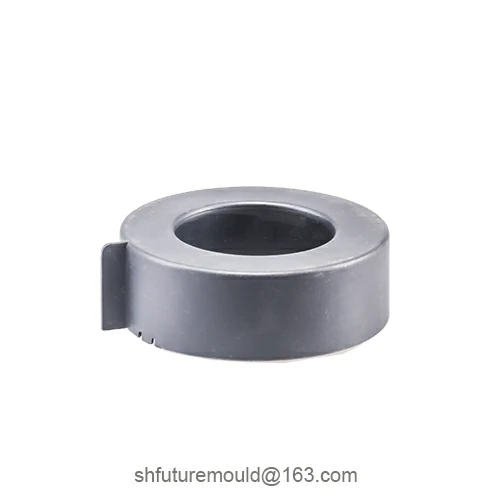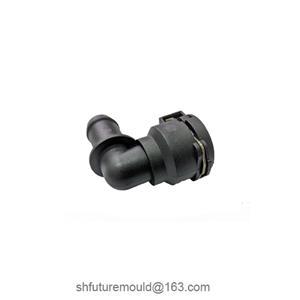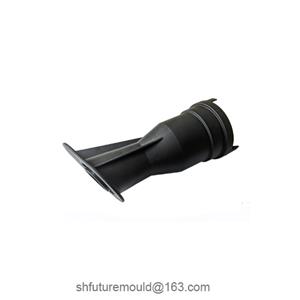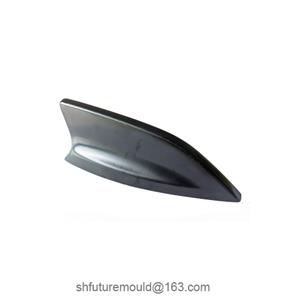Why are beryllium copper components added to some injection molds?
Beryllium copper is commonly used in injection mold manufacturing due to its advantageous properties. These properties make it suitable for various components of injection molds, particularly for applications that demand high performance and durability.
Reasons for using beryllium copper in injection molds:
Enhanced hardness and wear resistance: Beryllium copper is a solid and hard metal alloy, capable of withstanding the high pressures and forces encountered during the injection molding process. This contributes to extending the mold's lifespan and reducing downtime caused by wear or damage.
Superior thermal conductivity: Beryllium copper boasts thermal conductivity that is 3-4 times higher than steel. This exceptional heat transfer property allows for rapid dissipation of heat from the plastic material within the mold. This is particularly crucial for producing plastic parts with complex geometries or thin walls, as these components require quick cooling to prevent warping or distortion.
Excellent wear resistance: Beryllium copper exhibits remarkable resistance to wear and abrasion, making it well-suited for mold components that endure friction during the opening and closing of the mold. This helps maintain the mold's surface finish and contributes to the production of high-quality plastic parts.
Good polishing ability: Beryllium copper can be polished to a very smooth surface finish, making it an ideal choice for producing plastic parts with a high-gloss appearance.
Ease of machining: Beryllium copper possesses good machinability, allowing it to be easily formed into various shapes and intricate designs, catering to the diverse requirements of injection mold components.
Common applications of beryllium copper in injection molds:
Cores and cavities: These components form the primary structure of the plastic part. Beryllium copper's high thermal conductivity ensures uniform cooling of the plastic, resulting in parts with excellent dimensional stability.
Slides and ejectors: These components guide the plastic material through the mold during the injection and ejection processes. Beryllium copper's high strength and wear resistance ensure the reliable operation of these parts under high pressures and loads.
Inserts: These components are used to create specific features, such as logos or textures, on the plastic part. Beryllium copper's good polishing ability ensures that these inserts produce sharp, clear imprints on the plastic surface.
In summary, beryllium copper is a valuable material for injection mold manufacturing due to its combination of high strength, excellent thermal conductivity, superior wear resistance, good polishing ability, and ease of machining. These properties make it suitable for a wide range of mold components, particularly in applications that demand high performance and the production of high-quality plastic parts.




